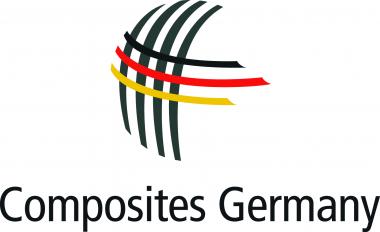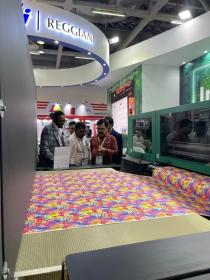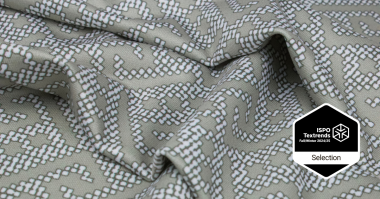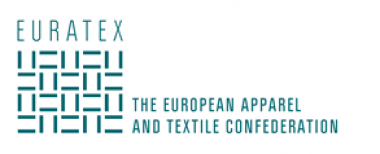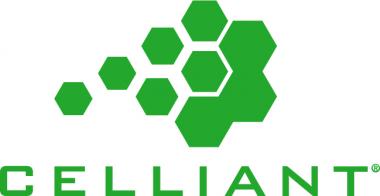Composites United declares membership in Composites Germany
Society and the economy are facing existential challenges. In addition to the consequences of climate change, these include the realisation that energy and many resources are no longer available in the usual quantities, so that their efficiency must be significantly increased in the short term. Lightweight construction, especially with fibre composite materials, can and will make an important contribution here, e.g. in wind power plants or hydrogen storage systems. As an umbrella organisation, Composites Germany represents the capabilities and interests of the German fibre composite industry. With the re-entry of Composites United, Composites Germany will combine the forces of the two leading composites networks in Germany and its position will be significantly strengthened. Changed framework conditions make the re-entry possible and necessary.
VDMA and Leichtbau BW will continue to support the work of Composites Germany as associate members and contribute the know-how of their members. Together, the organisations will promote sustainable lightweight construction as a key technology for Germany, focusing on composites materials, says Prof. Klaus Drechsler of Composites United, one of the two board members of Composites Germany. As a network and mouthpiece of the composites industry, Composites Germany bundles the interests of its members. The aim is to continuously expand activities, promote innovations and technologies, develop new markets and new value chains, and anchor training and further education, adds his board colleague Dr Michael Effing of AVK. The agreement was concluded on 29 November 2022 during the JEC Forum DACH in Augsburg, where both associations were cooperation partners of the event.
Composites Germany Composites United Composites fiber composites VDMA Leichtbau BW
Composites Germany


